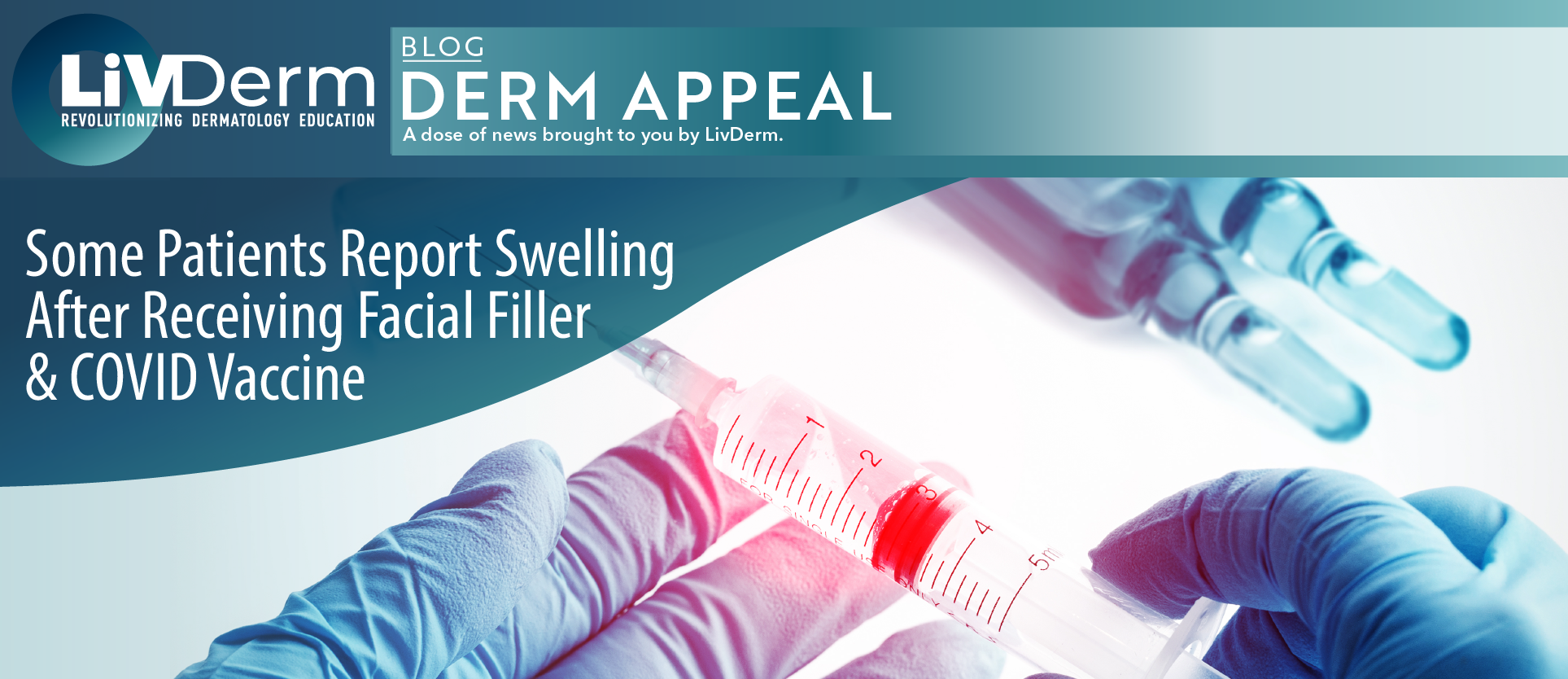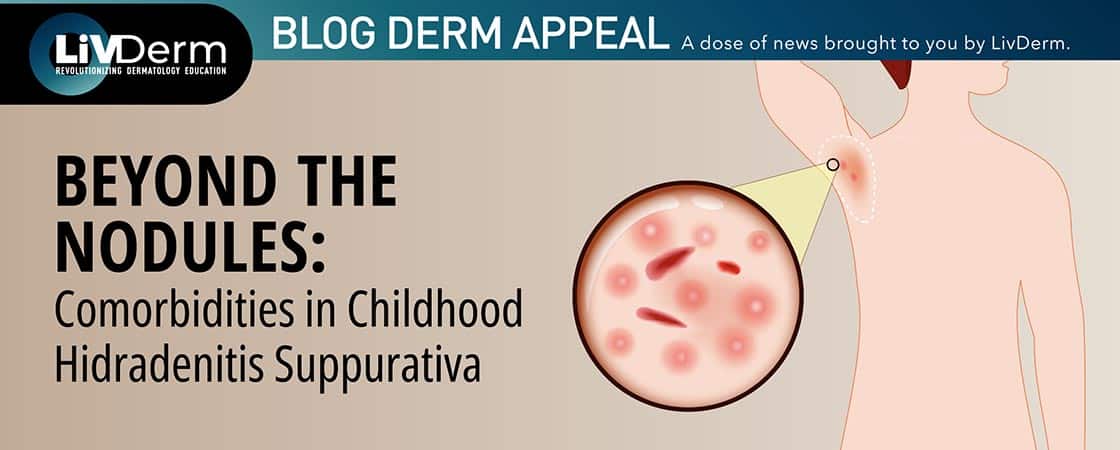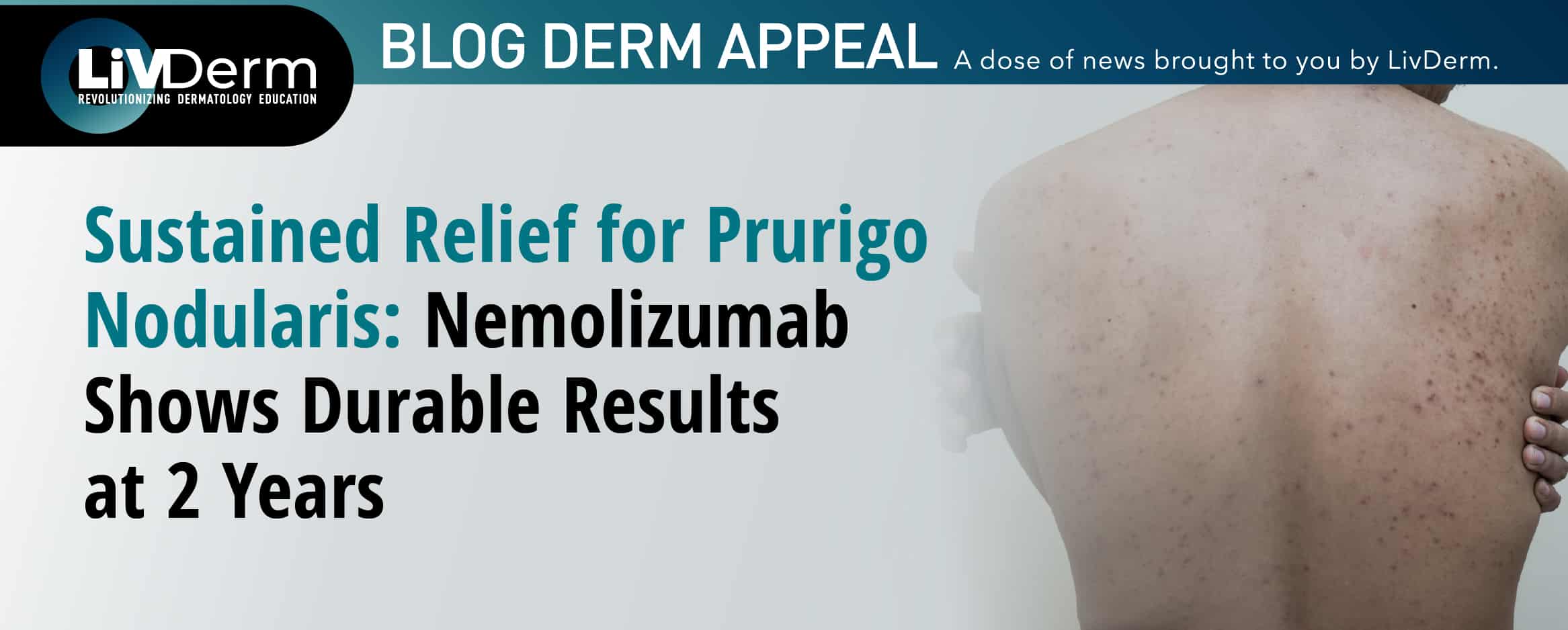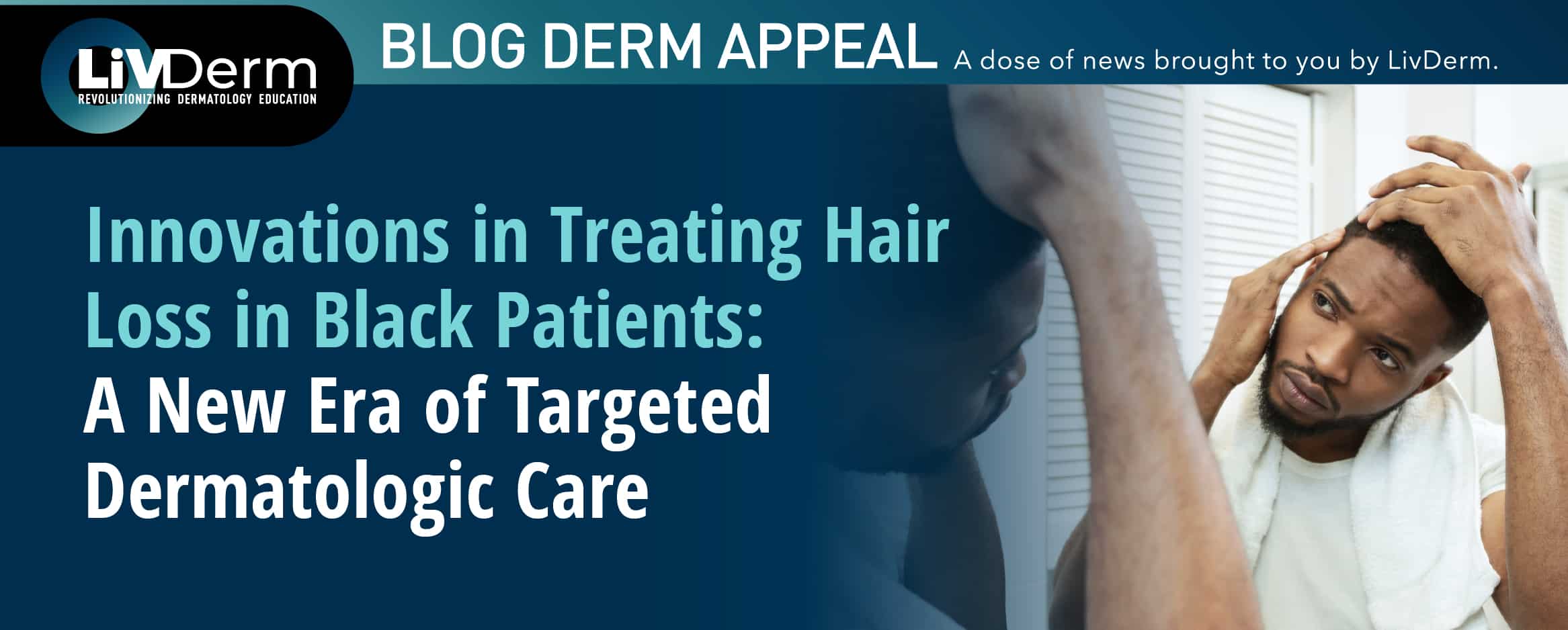Recent reports of hypersensitivity to injectable dermal fillers containing hyaluronic acid (HA) concurrent with COVID-19 infection or vaccination have been documented by The Journal of Cosmetic Dermatology and the U.S. Food and Drug Administration (FDA).
Symptoms, reported by three clinical trial recipients of the Moderna vaccine, were swelling of the facial areas in which each individual received injectable fillers (cheeks and lips). Two patients had gotten dermal filler in the cheeks within the six months prior to vaccination, and the other had dermal filler administered to the lip area two days after being vaccinated. In all three cases the swelling was localized to the face and resolved within a week using oral antihistamines, anti-inflammatories or steroids.
While the exact cause of these adverse reactions is unknown, the authors of a case study published in the Journal of Cosmetic Dermatology hypothesize it to be an “immunologic reaction between COVID-19, trauma and HA filler.” Likewise, in its report on the Moderna vaccine hearing, the FDA states “it is possible the localized swelling in these cases is due to an inflammatory reaction from interaction between the immune response after vaccination and the dermal filler. This phenomenon has been reported after natural infection (e.g., after an influenza-like illness).”
Fillers vs. Botox
The temporary facial swelling reported by vaccine recipients was subsequent to receiving facial fillers, not injectable botulinum toxin (Botox). Facial fillers containing HA, such as Juvéderm (Allergan) and Restylane (Galderma) are injectable gels used to correct facial wrinkles and folds, as well as augment lips, by adding volume to the skin. Botox is also injected into the skin. But instead of filling the skin with a substance, the toxin blocks nerve signals that cause muscles to contract, thereby relaxing the surrounding tissue.
While facial fillers are strictly cosmetic, Botox is used to treat conditions such as excessive sweating, overactive bladder and migraine, in addition to its cosmetic use to reduce the appearance of facial wrinkles. Botox is about twice as popular as fillers, according to the Aesthetic Society. In 2020 there were more than 2.6 million Botox procedures performed in the U.S., while dermal fillers (both HA and non-HA) were administered 1.3 million times.
There have been no reported adverse reactions related to COVID-19 infection or vaccination in patients who have received Botox. It’s also unlikely that the observed hypersensitivity is related to non-HA fillers like Sculptra (Galderma).
Swelling after fillers is established but rare
The potential for adverse events after receiving fillers has been recognized by the medical community previously. Occasional late-onset inflammatory reactions have been observed and may be due to filler properties, injection technique and frequency, or linked to trauma, illness, and influenza vaccination or infection.
Interestingly, the patient who reported lip swelling after receiving the Moderna vaccine had previously reported similar symptoms after receiving the flu vaccine.
All vaccines have potential side effects
Side effects from vaccine are possible but usually mild, requiring rest and little else. The majority of people who received the COVID-19 vaccine experienced typical vaccine side effects, including headache, fatigue, and pain at the injection site. More serious reactions like the ones observed presently, as well as blood clots seen in some recipients of the Johnson & Johnson vaccine, are very rare.
What should you do if you have an adverse reaction?
Patients experiencing adverse dermatologic reactions believed to be related to COVID-19 vaccine or infection should seek medical care. Usually, facial swelling related to dermatologic procedures resolves after a few days without any treatment. Over the counter medications such as Benadryl and anti-inflammatories can lessen swelling and discomfort, or a short course of prescription antihistamine or an oral steroid may be prescribed if other remedies are ineffective.
Patient reporting
The Centers for Disease Control and Prevention has general information about What to Do if You Have an Allergic Reaction After Getting A COVID-19 Vaccine. Anyone experiencing an adverse event post-vaccination is urged to inform the Vaccine Adverse Event Reporting System (VAERS) using their online form.
What should dermatologists do if a patient has an adverse reaction?
Physicians should consider the patient’s degree of swelling, medical history, current medications and any active health conditions when determining a treatment plan. The likely first-line therapy would be Benadryl for 24 hours, and if the swelling continues consider a short course of oral prednisone.
For persistent swelling that hasn’t responded to oral antihistamines or steroids, providers can administer an enzyme known as hyaluronidase to dissolve the HA.
Provider reporting
The American Academy of Dermatology, in a joint effort with the International League of Dermatologic Societies, established a COVID-19 Dermatology Registry where providers are encouraged to report any dermatologic manifestations in their patients following COVID-19 infection or vaccination. Health care providers worldwide can use this reporting system to document all suspected skin reactions safely and anonymously. Physicians can also report any suspected side effects using VAERS’ online form.
Takeaway
Individuals receiving injectable dermal fillers containing HA have shown a small potential risk of developing facial swelling after mRNA vaccines. However, more research is needed to determine the exact relationship between fillers containing HA and COVID-19 infection or vaccination. No one receiving dermal fillers should be discouraged from obtaining any vaccine, including the COVID-19 vaccine from any manufacturer. The reported reactions are rare, short-lived and have resolved with little or no intervention. Anyone especially concerned can allow two weeks between receiving HA filler and either dose of the COVID-19 vaccine, since the risk of any interaction will be minimized.
Bottom line
There is a small risk of hypersensitivity for all patients who receive injectable HA fillers – this risk may be slightly higher for those recently infected with, or vaccinated for, COVID-19.
Sources:
https://onlinelibrary.wiley.com/doi/10.1111/jocd.14074
https://www.aestheticauthority.com/view/filler-hypersensitivity-post-covid-19-illness
https://www.drugdiscoverytrends.com/moderna-covid-19-vaccine-might-cause-facial-swelling-for-people-with-dermal-fillers/
https://www.drugdiscoverytrends.com/facial-swelling-and-covid-19-vaccines-4-facts/
https://www.aad.org/member/practice/coronavirus/vaccines/side-effects
https://www.healthline.com/health/juvederm
https://www.drugs.com/juvederm.html
https://www.mayoclinic.org/tests-procedures/botox/about/pac-20384658
https://cdn.surgery.org/media/statistics/aestheticplasticsurgerynationaldatabank-2020stats.pdf
https://www.fda.gov/media/144434/download


















